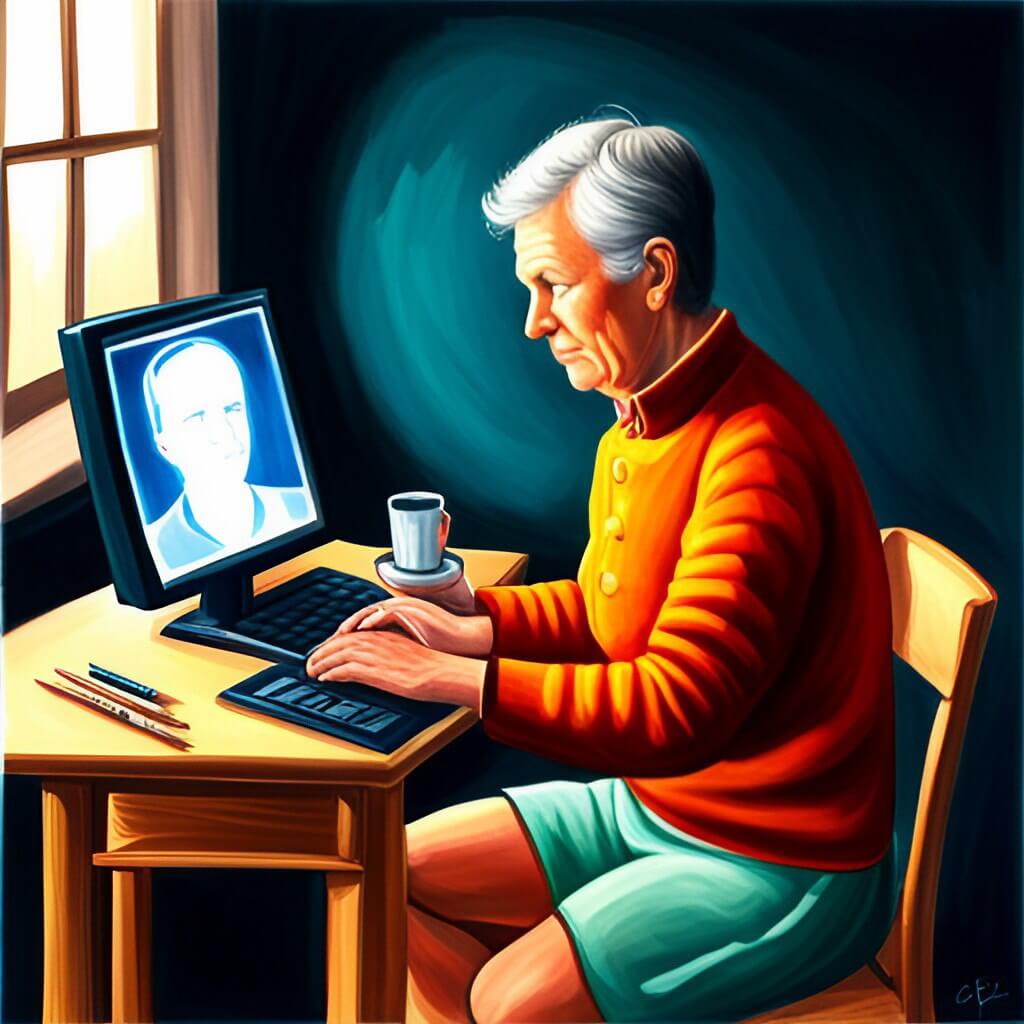In the ever-evolving landscape of artificial intelligence, OpenAI’s ChatGPT has emerged as a remarkable entity, garnering attention and accolades for its extraordinary capabilities. The chatbot’s journey from being a simple conversational AI to a virtual expert in various fields has captivated the tech world and beyond. Let’s delve into the details of ChatGPT’s impressive achievements and its transformation into a virtual doctor, lawyer, and business analyst.
The rise of ChatGPT
ChatGPT, developed by OpenAI, initially gained prominence as a conversational AI model designed to engage in text-based conversations with users. Powered by the GPT-3.5 architecture, ChatGPT showcased the potential of large-scale language models to hold meaningful and coherent discussions. Its ability to generate human-like responses ignited discussions about the future of AI-powered interactions.
Surpassing traditional boundaries
What sets ChatGPT apart is its remarkable journey beyond the realm of casual conversation. Recent developments have seen ChatGPT accomplishing feats that were previously thought to be the domain of human experts. The chatbot’s transition from chitchat to specialized knowledge domains has been nothing short of astounding.
A virtual medical expert
In a groundbreaking stride, ChatGPT demonstrated its prowess by successfully passing medical school exams. The chatbot’s advanced reasoning capabilities and comprehensive understanding of medical concepts turned it into a virtual medical expert. This achievement marks a significant step towards AI’s integration into the healthcare sector, where quick and accurate medical information is crucial.
The legal virtuoso
OpenAI’s brainchild did not stop at medicine; it ventured into the world of law with equal finesse. ChatGPT’s ability to grasp complex legal nuances and provide coherent legal insights led to its success in passing law school exams. This raises intriguing questions about the potential applications of AI in legal research, contract analysis, and even providing preliminary legal advice.
A savvy business analyst
In yet another astonishing stride, ChatGPT showcased its business acumen by mastering the intricacies of business school exams[. The chatbot’s understanding of economic principles, market trends, and strategic decision-making underscores its potential to contribute to business analytics, market research, and financial planning.
The role of GPT-4
As ChatGPT’s achievements echo through the AI landscape, OpenAI’s advancements in language models have introduced GPT-4, an even more advanced iteration. GPT-4’s capabilities surpass ChatGPT’s in advanced reasoning and comprehension[^1^]. This highlights the continuous evolution of AI technologies and their ever-expanding capabilities.
Implications and prospects
ChatGPT’s journey from casual conversation to expertise in multiple domains raises intriguing implications for various industries. The successful integration of AI into healthcare, law, and business sectors promises increased efficiency and accuracy. However, it also raises questions about the human-AI collaboration model and the potential displacement of certain job roles.
Healthcare revolution
The chatbot’s success as a virtual medical expert holds transformative potential for the healthcare industry. It could aid medical professionals by providing quick references, diagnosing common ailments, and disseminating accurate medical information to the public. However, ethical considerations regarding the limitations of AI in complex medical cases remain paramount.
Legal insights at your fingertips
In the legal arena, ChatGPT’s expertise opens doors to new possibilities. Legal practitioners could leverage AI-powered tools to conduct initial legal research, draft basic contracts, and analyze legal documents. This could streamline routine legal tasks and allow human experts to focus on more intricate aspects of the law.
Business intelligence redefined
ChatGPT’s business acumen introduces a new dimension to data analysis and strategic planning. The chatbot’s understanding of business concepts could aid entrepreneurs in market analysis, competitive intelligence, and decision-making. However, human judgment and creativity remain vital for interpreting AI-generated insights.
OpenAI’s ChatGPT’s journey from a conversational AI to a virtual expert in medicine, law, and business exemplifies the rapid advancements in AI technologies. Its achievements underscore the potential of AI to revolutionize various sectors, enhancing efficiency and accuracy. As GPT-4 takes the torch forward with even more advanced reasoning capabilities, the future holds exciting possibilities for AI-human collaboration and innovation.
.





